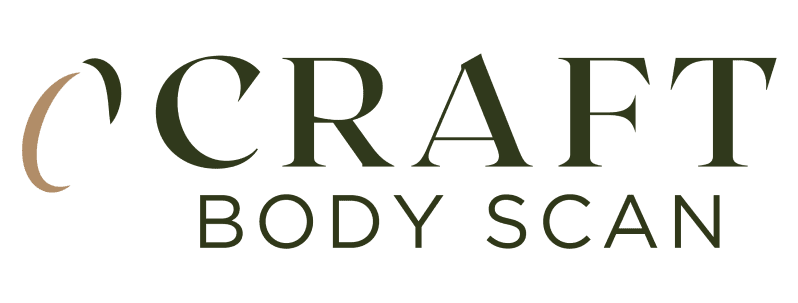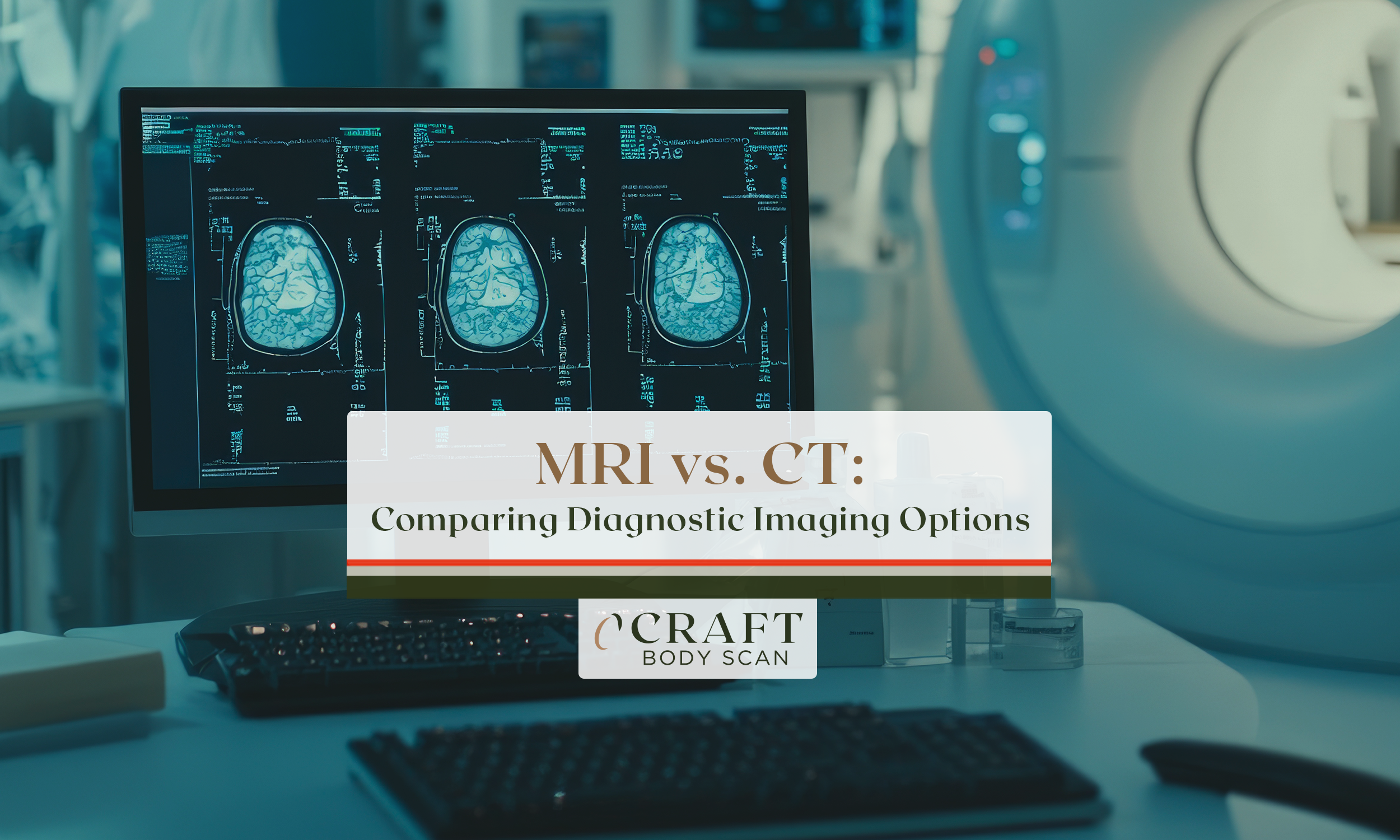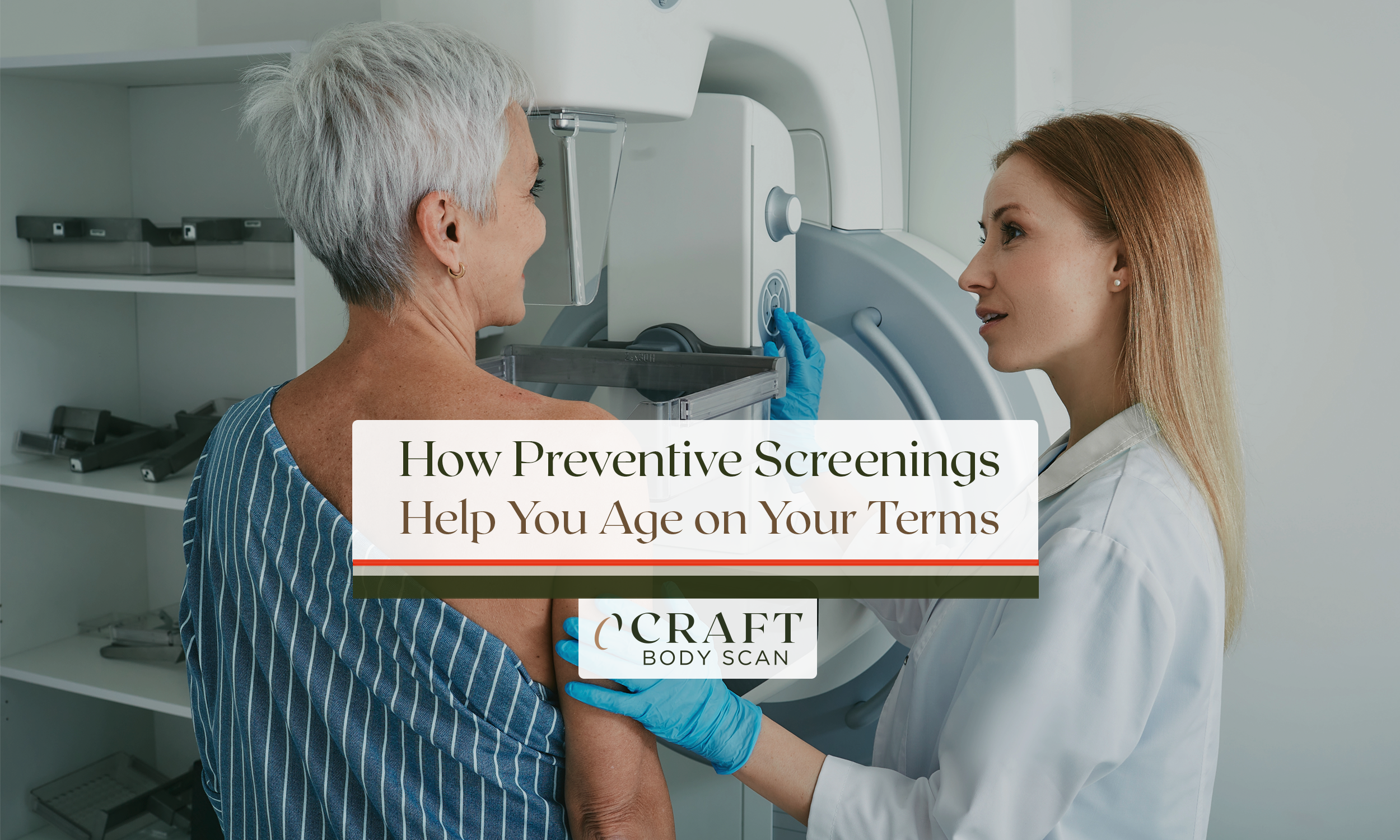When your doctor recommends a diagnostic scan, you may be faced with two common choices: Magnetic Resonance Imaging (MRI) or a Computed Tomography (CT) scan. Each of these technologies offers unique advantages and is used to visualize the inside of your body in incredible detail—but they serve different purposes depending on your symptoms, health history, and what your care team is looking for.
So how do you know which scan is best for your needs?
In this MRI vs CT guide, we’ll break down the key differences between MRI and CT scans, the specific situations where each one excels, and why choosing the right imaging center—like Craft Body Scan—can make all the difference in your health journey.
Key Differences Between MRI and CT Scans
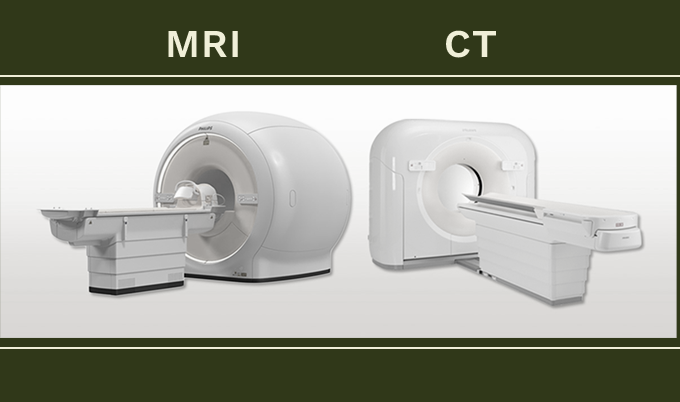
While both MRI and CT scans produce internal images of your body, the way they do it is quite different. Here’s a side-by-side comparison to help you understand:
Technology Used:
- MRI uses powerful magnets and radio waves to create detailed images of soft tissues, such as muscles, organs, nerves, and the brain.
- CT uses X-rays and computer processing to produce cross-sectional images of bones, blood vessels, and internal organs.
Scan Duration:
- MRI takes longer—usually 30–60 minutes.
- CT scans are quicker—often completed in 10–15 minutes.
Radiation Exposure:
- MRI does not use ionizing radiation.
- CT uses low-dose X-ray radiation, which may be a consideration for some patients.
Level of Detail:
- MRI excels at imaging soft tissue, brain, spinal cord, ligaments, and cartilage.
- CT is better for detecting bone fractures, tumors, internal bleeding, and chest or abdominal issues.
Each scan has its own strengths and use cases. Understanding them helps patients and providers make informed decisions.
Situations Where MRI Is Preferred
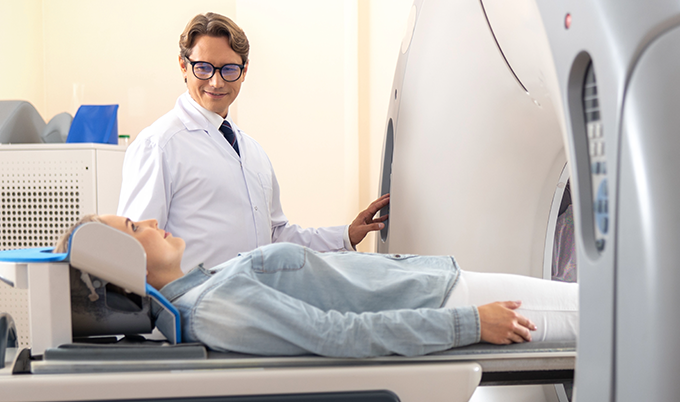
Because MRI scans provide greater soft tissue detail, they are often the preferred method when high-resolution, 3D images of internal organs and structures are needed.
Here’s when an MRI is typically the best choice:
- Brain and spinal cord: For detecting tumors, aneurysms, multiple sclerosis, or stroke damage.
- Muscle and joint injuries: Ideal for viewing ligaments, tendons, cartilage, and small muscle tears.
- Heart and blood vessels: For assessing congenital heart disease, valve issues, or blood flow irregularities.
- Pelvic and reproductive organs: Often used for examining the uterus, ovaries, and prostate.
- Cancer detection and monitoring: Especially in the brain, breast, or soft tissues.
MRI scans take longer and require patients to remain very still, but they provide extraordinary image clarity—especially useful in complex cases where detail matters most.
When CT Scans Are Ideal
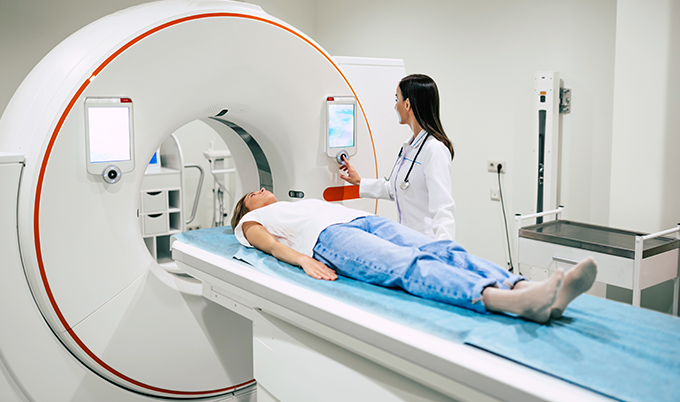
CT scans shine in emergency settings and when quick, comprehensive imaging is needed. They are fast, widely available, and excellent for visualizing organs and bones in high contrast.
CT scans are often preferred in the following scenarios:
- Head injuries and trauma: For detecting bleeding, fractures, or swelling in the brain.
- Chest and lung conditions: Ideal for identifying pulmonary embolisms, infections, or lung tumors.
- Abdominal pain: To quickly detect appendicitis, kidney stones, or bowel obstructions.
- Bone fractures and joint damage: CT gives precise views of complex breaks or bone structure.
- Cancer staging: Helps determine tumor size and spread in the chest, abdomen, and pelvis.
CT is often used in urgent situations where time is critical. Its speed and accuracy make it a go-to tool for both diagnosis and treatment planning.
Why Choose Craft Body Scan for Your Diagnostic Needs
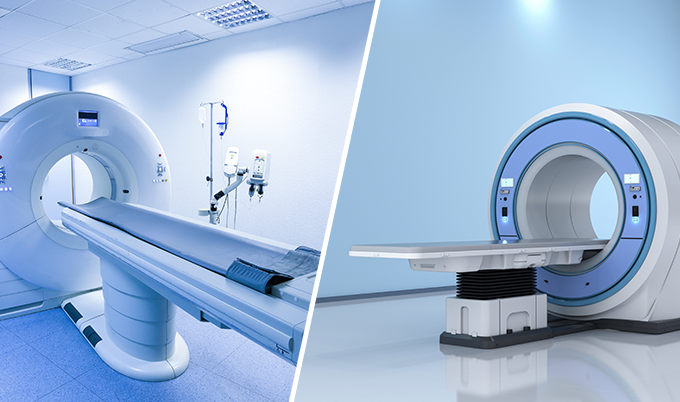
Whether you need an MRI or a CT scan, choosing the right imaging provider matters. At Craft Body Scan, we’re committed to offering patients the highest level of diagnostic accuracy, comfort, and care through state-of-the-art technology and a patient-first approach.
Here’s how we stand apart:
- Advanced Technology: We invest in cutting-edge MRI and CT machines that deliver high-definition images with reduced scan time.
- Fast, Accurate Results: Our expert radiologists interpret scans quickly and with precision—ensuring your provider gets the information they need.
- Patient Comfort: From calming scan environments to compassionate technologists, we make your visit as easy and stress-free as possible.
- Low Radiation Options: Our CT technology uses advanced algorithms to minimize radiation exposure while maintaining excellent image quality.
- Personalized Care: Whether you’re coming in for preventive screening or to investigate a known concern, we tailor the process to your needs.
Your health decisions deserve high-quality data. Craft Body Scan ensures you get both the information and the support needed to move forward with confidence.
FAQs About MRI vs. CT Scans

1. Which is more expensive—MRI or CT?
MRIs tend to be more expensive due to the complexity of the technology and longer scan times. However, your insurance coverage or health savings plan may offset the difference.
2. Are CT scans safe if they use radiation?
Yes. Modern CT scans use low-dose radiation and are considered safe, especially when medically necessary. Craft Body Scan uses the latest equipment to minimize exposure.
3. Can I get a scan without a referral?
In many cases, yes. Craft Body Scan offers self-referred preventive screenings and will guide you through whether a scan is appropriate for your needs.
4. What if I’m claustrophobic?
We understand that some patients are uncomfortable in enclosed spaces. Our staff can talk you through options—including open MRI systems or relaxation techniques—to ease anxiety.
5. How soon will I get my results?
Most results are available within 24–48 hours. We also offer consultations to help you understand your findings and discuss next steps.
Choosing Between MRI and CT: What Matters Most
If you’re deciding between an MRI and a CT scan, the most important factors are what part of the body is being examined and what your doctor is trying to evaluate.
Here’s a quick summary:
Choose MRI if you need:
- High-resolution soft tissue detail
- Imaging for brain, spine, joints, or organs
- No exposure to radiation
Choose CT if you need:
- Fast results in an emergency
- Clear images of bones, lungs, or blood vessels
- Screening for abdominal issues or trauma
Still unsure? The experts at Craft Body Scan can walk you through your options and help determine the best imaging path forward.
Trust the Experts at Craft Body Scan

Both MRI and CT scans are powerful diagnostic tools that save lives every day. Understanding their differences helps you become a more informed and proactive patient.
At Craft Body Scan, we bring medical expertise, leading-edge imaging, and compassionate care together to provide unmatched diagnostic accuracy and peace of mind.
Need help choosing the right scan? Let our team of imaging specialists guide you to the best decision for your health. Whether it’s a proactive screening or part of an ongoing treatment plan, you’re in good hands at Craft Body Scan. Schedule a scan today.
